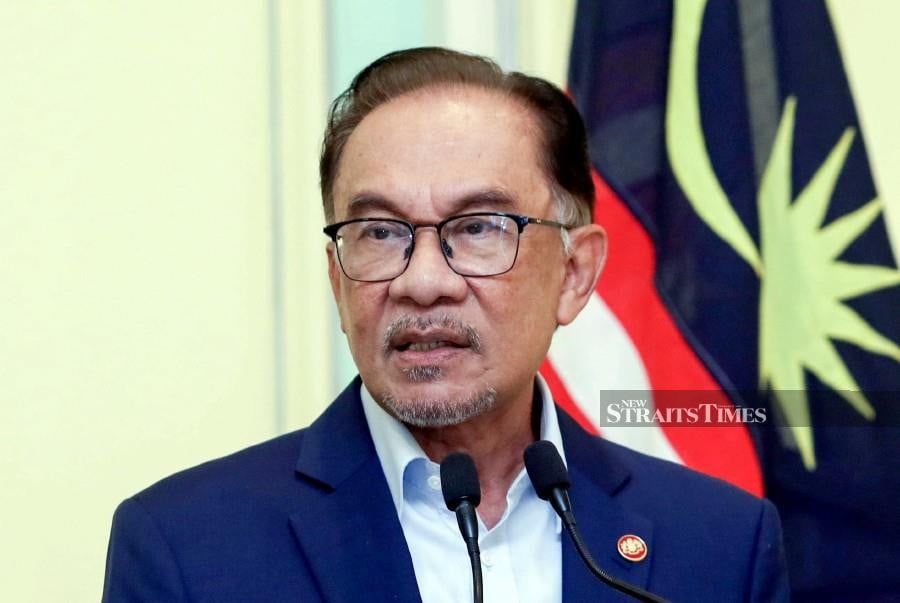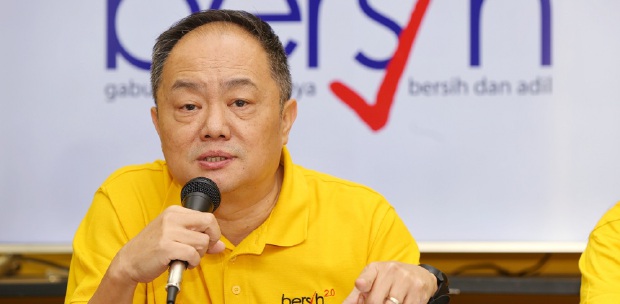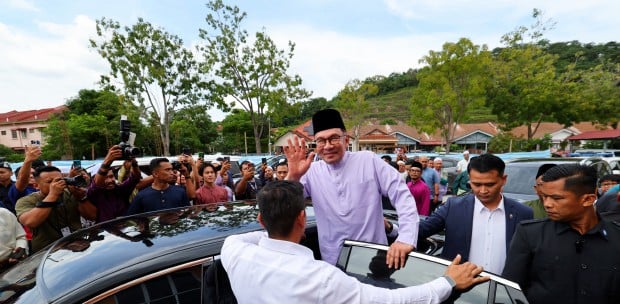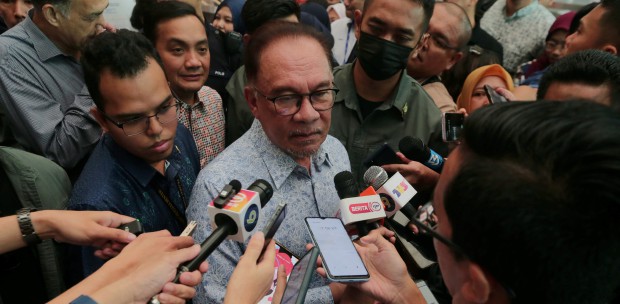KUALA LUMPUR: When the Dewan Rakyat convenes on Monday, Prime Minister Datuk Seri Anwar Ibrahim is expected to face a vote of confidence to quash rumours about his government's legitimacy.
If he survives the acid test, experts have urged the prime minister to push through a slew of long-pending political, economic and educational reforms in the august house.
Professor Dr Nik Ahmad Kamal Nik Mahmod, a constitutional law expert, said Anwar should get the Political Funding Bill passed in Parliament during his time in office to make political financing more transparent, especially during elections.
The bill, that was supposed to be tabled last October, fell on the backburner again after the Parliament was dissolved to make way for the 15th General Election (GE15).
"Although candidates are required to declare their election spending, allegations often surface on whether the candidates are reporting their expenditure transparently. Some political parties are also coy on allegations of foreign funding during elections.
"Therefore, we urgently need the Political Funding Act to make political financing and election campaigning more transparent," he said.
Apart from promoting good governance, another major task awaits Anwar on the economic front. As the new finance minister, Anwar will have to table a new 2023 Budget, which will set the tone for the fiscal reforms that he plans to undertake.
Centre for Market Education chief executive officer Dr Carmelo Ferlito said the budget that was tabled by former finance minister Tengku Datuk Seri Zafrul Tengku Abdul Aziz previously had too many "ad-hoc goodies" that could put further strain on the national coffers.
Ferlito said Anwar should consider reviewing the size of Malaysia's civil service and limit the number of employees that each ministry and government-linked companies (GLCs) should have. Doing so, he said, would help the government to rationalise its operational expenditure.
"The new budget should also include a special tax scheme for microbusinesses.
"Nevertheless, the new government should maintain the tax cuts, as well as grants and loan schemes for small and medium enterprises (SMEs), and the special scheme to attract foreign direct investments," he said.
In order for the unity government to have a clearer economic vision, Ferlito called on Anwar to propose a "programmatic platform" when he seeks the confidence of the lawmakers in Dewan Rakyat on Dec 19.
The programmatic platform, Ferlito said, should consist of a list of guidelines for the cabinet and binding action plan for the new government.
"The prime minister must make his plans clear to his fellow parliamentarians on how he plans to reduce the cost of living and rebuild investors' confidence instead of merely stating the goals," he said.
Similarly, the education fraternity have also pinned high hopes on Anwar to implement major reforms in the sector, especially since he has served as the education minister from 1986 until 1991.
Dr Anuar Ahmad, an educationist from Universiti Kebangsaan Malaysia's Centre of Community Education and Wellbeing, said the government must dole out allocations to build more schools and increase the number of daily schools with hostels (sekolah asrama harian) under the 2023 Budget.
"Under the previously-tabled budget, the government only planned to build five schools for a whole year. This is absurd since so many schools in Malaysia have overcrowded classrooms.
"The new budget should also dedicate a special allocation for research and development initiatives aimed at improving our education system. We cannot be relying on outdated data to make new reforms," he said.
In the long run, Anuar urged the Education Ministry to implement four major reforms to boost the quality of education in Malaysia.
"Firstly, the Education Ministry should upgrade infrastructures in all schools nationwide. Most of our school buildings are
unsafe and facilities like toilets and even staff room urgently need maintenance.
"Secondly, the ministry must make pedagogical courses on teaching using latest technology compulsory in teachers' training college. The Covid-19 pandemic has shown that technology is no longer an option but a necessity for our teachers.
"Thirdly, like most countries around the world, Malaysia also needs to revamp its syllabus to cater for a post-pandemic education system. We need to help students re-discover their desire to learn and make learning meaningful for them through fun and relatable activities.
"Finally, the Education Ministry must engage with stakeholders in decision-making processes instead of taking only a top-down approach. We cannot afford anymore flip-flops in our education policies."





